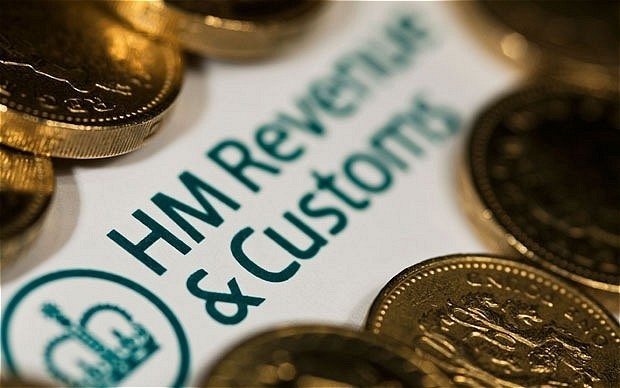HMRC has redesigned the checks programme following complaints about stiff penalties for poor record keeping and suggestions that officials were using the exercise as a “back door” route to dig deeper into company tax affairs. The Chartered Institute of Taxation, which called for a review, is still unhappy about the penalty issue and questions whether HMRC has the powers to impose fines in the tax year when the problems are identified. It also claims that HMRC is “wrongly” creating an impression, “that these record checks are mainly for educational purposes”.
The penalties regime sees the worst offenders facing fines of up to £3,000 although HMRC has revised down the amount of extra tax it expects to raise from the programme because of the “softer” approach.
Initially it was looking to collect £600m from book keeping checks on 200,000 small businesses over a four-year period. Officials are working on new estimates.
HMRC launched a pilot programme for the checks in April last year and called a halt in February following complaints about flaws in the set-up. Over the 10-month period checks on 3,431 businesses showed 36pc needed help and 10pc had “serious issues”.
HMRC feels the concerns about the initial programme have been reflected in its reforms. Over the next four months officials will send out letters to businesses it believes are at risk of keeping inadequate records followed by a telephone chat and questions to assess whether there are shortcomings.
Officials will then determine whether the company record keepers could benefit from “tailored educational support” or if a visit is needed. If there is no improvement after two visits HMRC “may charge a penalty”.
A spokesman for HMRC said it anticipates “few penalties being issued”.
“Penalties will only be charged where customers are found to have deliberately destroyed records on the first visit, or where they have failed to improve their record keeping to an adequate standard by the time [a] follow-up visit takes place. So before a penalty is considered a customer will have been given time to bring records up to an adequate standard.”
A standard penalty will be £500 for a first offence, or £250 for a company in its first year of trading. The maximum fine of £3,000 will only apply where records have been destroyed, HMRC said.
An appeal process will also be available, reports The Telegraph.
The spokesman added: “International experience indicates that good basic business records help businesses make accurate tax returns.
“HMRC will closely monitor the revamped procedure and will use data obtained over the next year or so to quantify potential future benefits before taking decisions on their long-term future. Benefits will be assessed on the impact of [business records checks] in improving record keeping: they will not include penalties which we expect to be small in number.”


